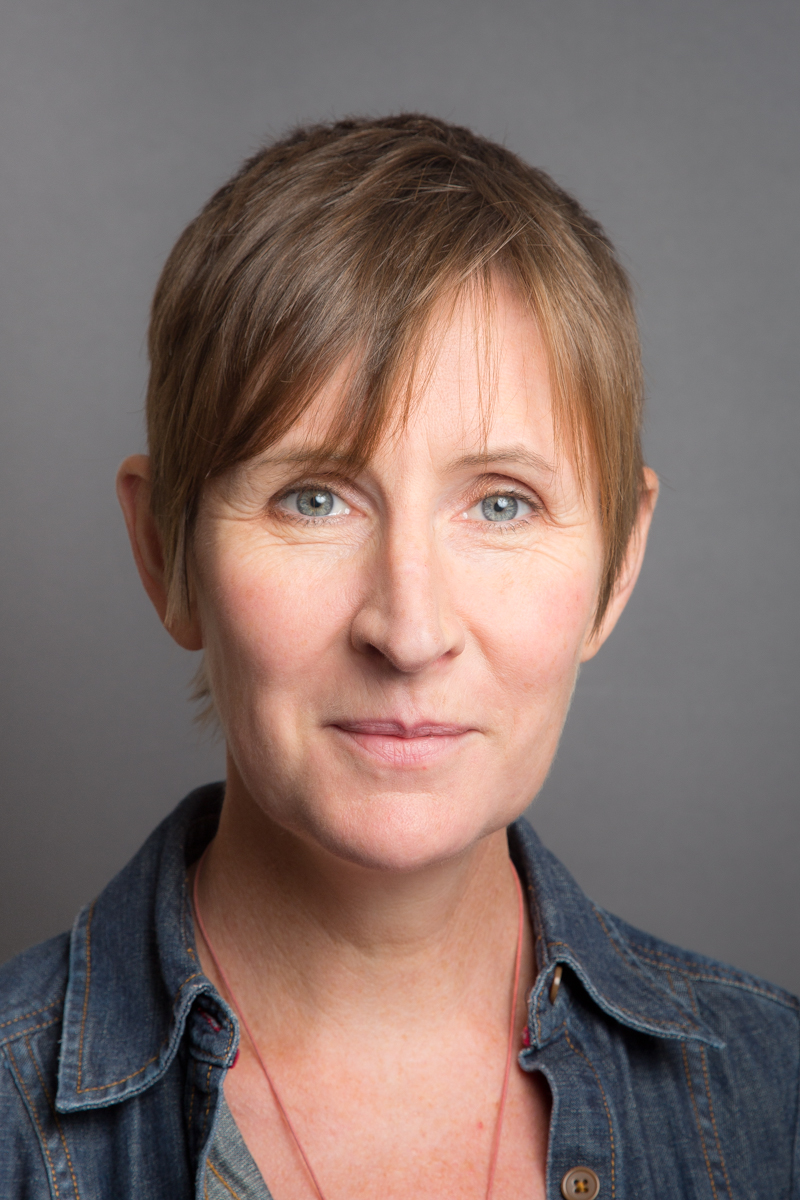Hidden from Help: Inequalities in fCAMHS - What are the barriers to accessing forensic mental health services for young people from marginalised groups?
What were we trying to do?
There were four main aims in this study:
- To explore what should be considered as a ‘marginalised group’ within Forensic Child and Adolescent Mental Health Services (fCAMHS).
- To understand the experiences of people within marginalised groups, including how they are referred to, or access, specialist mental health care.
- To explore what can make accessing support from fCAMHS more difficult for marginalised groups.
- To review the current pathways of care for marginalised groups into and through fCAMHS health settings.
Why was this important?
The mental health needs of children and young people who are viewed as high risk (for example, children who are violent, or exhibit sexually harmful behaviours) often can’t be met within CAMHS services. Up to 80% of these children and young people have high rates of diagnosed psychiatric and neurodevelopmental disorders, as well as other complex needs such as ‘looked after’ status, special educational needs, substance misuse, experience of abuse, or family disruption. These young people often require the help of specialist services that are better able to manage their needs.
In October 2017, 13 fCAMHS departments were set up across the UK. In the first 20 months of operation, referrals to these services were largely for males, living with their birth family, who had no formal psychiatric diagnosis or social care status, and around 30% of who had neurodevelopmental disorders. Referrals to fCAMHS in the North West were also largely for young people from a white background. This was in contrast to the criminal justice system where there were much higher rates of ‘looked after’ children, with diagnosed mental health conditions, neurodivergency, and an over-representation of young people from minority ethnic backgrounds.
It was important to find out whether there were any ‘built-in biases’ that might disadvantage the young people who most needed access to specialist mental health services. Making sure that all young people have an equal chance to access these services would help to improve their health and increase wellbeing, while reducing future criminal offences, in turn reducing the cost to the criminal justice system.
How did we do it?
We took a mixed methods approach, using both qualitative methods (such as interviews) and quantitative methods (involving numbers and statistics) to give an overall picture of marginalised group access to fCAMHS services.
We interviewed young people/adults, parents and staff members with experience of forensic mental health services at Greater Manchester Mental Health Trust (GMMH) to find out what makes accessing these services easier or more difficult.
We used large sets of routinely collected data to explore the pathways into care and also to find out who was accessing forensic mental health services.
Once all the data was collected, we analysed it to create a model with an agreed set of themes to help identify future service recommendations.
Further funding will be used to extend the reach of the project.
Who did we work with?
We worked with:
Findings
Findings from the ARC-funded part of this work will be available in due course.
More information

Programme Manager
Gill Rizzello
gill.rizzello@manchester.ac.uk